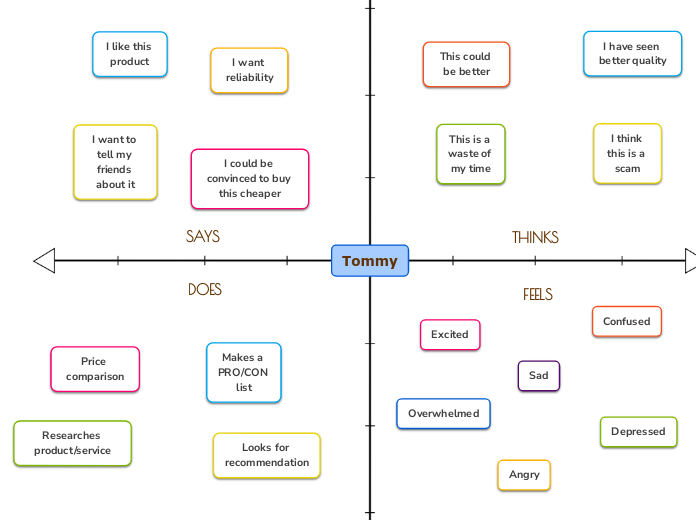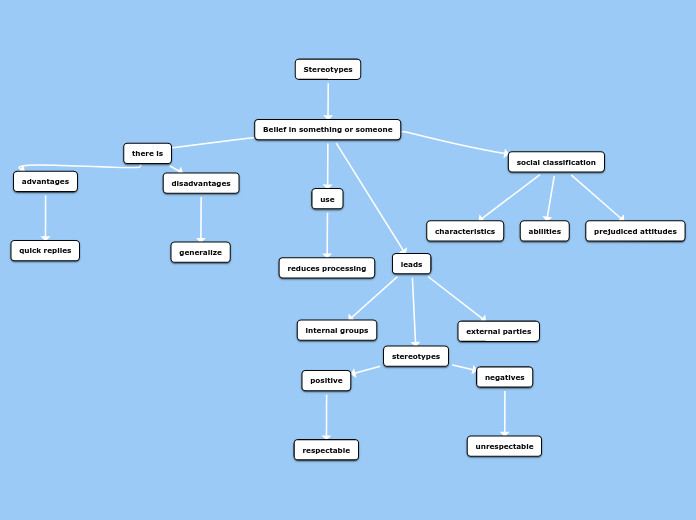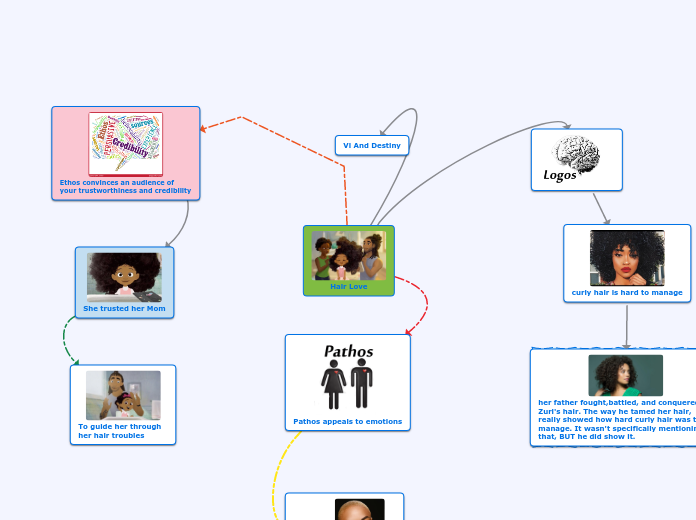av Thinaehsh Sivakumaran - Jean Augustine SS (2612) 7 år siden
290
Network Map(Family/Relatives Impact on Mental Health of Teens)
Society often holds stereotyped views about mental illness, perceiving those affected as violent and dangerous, whereas they are more likely to face self-harm or victimization. Stigma and discrimination exacerbate mental health issues, hindering access to help and treatment, and contributing to a cycle of social isolation, poor living conditions, unemployment, and poverty.









